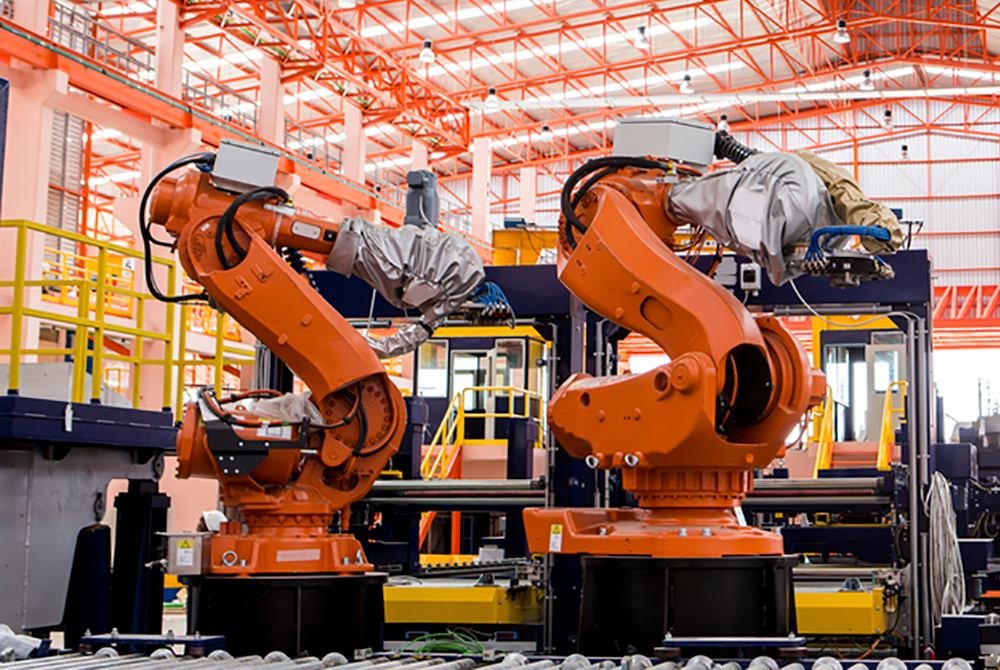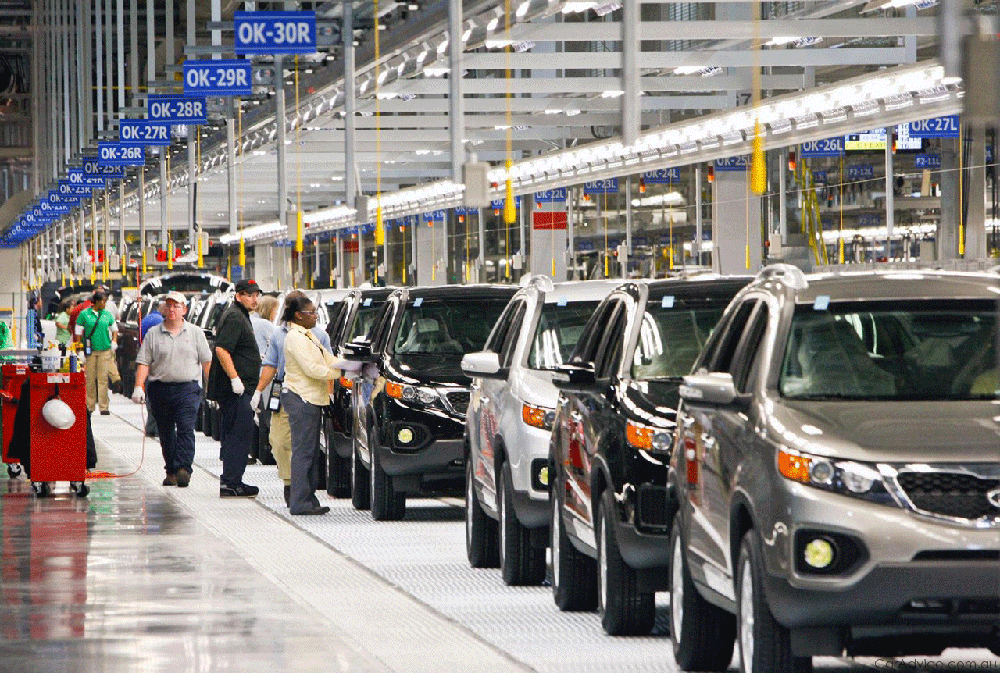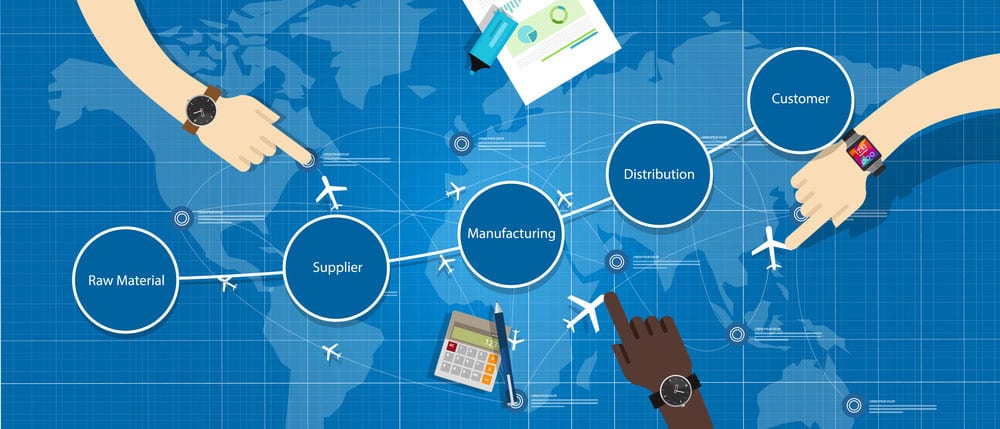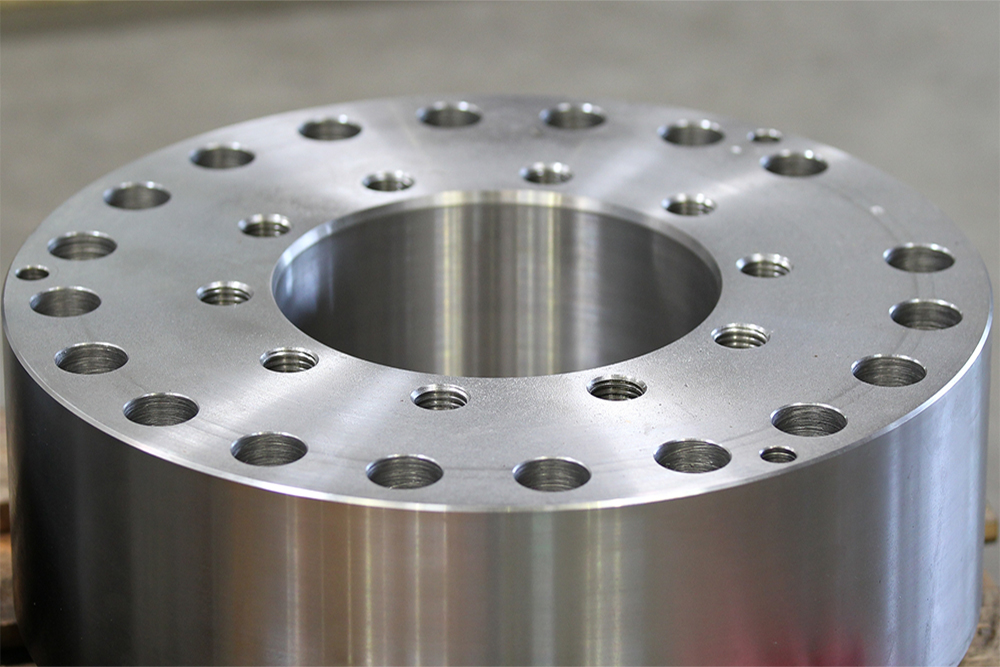Manufacturing Technology trends that shouldn’t be ignored

As a company that has worked almost exclusively with manufacturing organisations over the last 20 years, we have seen the rise (and obsolescence) of many manufacturing technology trends. Having recently attended MACH 2018, we thought it timely to highlight a few key trends today that manufacturers cannot afford to ignore if they are to remain competitive.
Additive manufacturing – the use of 3D printing to produce items – is growing at a rapid pace. Although historically most commercial applications have been limited to prototyping, industry experts believe that industrial 3D printing will be mainstream within a few years. Gartner predicts 75% of 3D printing globally will be used for creating custom tools for manufacturing by 2020. To date manufacturers have been utilising this technology to quickly create prototypes on a budget – allowing for more flexibility and speed as well as reduced costs in the product development process – but the expectation is that this technology will be increasingly used to mass produce components in the not too distant future. Consider also a manufacturer of a product with a long life expectancy, such as heavy machinery. Rather than producing spare parts and storing them for many years, tying up capital and incurring storage costs, these parts can be made to order as required with 3D printing, provided the original specifications are retained.
The rise of Robotics and Automation – two significant trends that go hand in hand. By increasing the automation of manufacturing processes, combined with machine learning that allows technology to self correct, companies can expect faster and more efficient results with reduced labour costs and higher productivity. Industrial robotics now offer huge benefits, especially in workplace health and safety, where these robots can handle dangerous materials and hazardous operations. The developments in robotics and automation are likely to lead to changes in the employment landscape, with less requirement for people to perform the basic tasks associated with production line. Instead, jobs are more likely to be focused around the programming, maintaining and monitoring of these developments.
The Industrial Internet of Things (IIoT) is no longer a concept but a proven solution for many manufacturing organisations. With the increase in sensor technology, robotics and cloud computing, the IIoT is enabling manufacturers to collect data in real time, allowing better understanding and analysis of performance and quality control. One of the biggest challenges manufacturers will face in the implementation of IIoT is deciding on what data they need to help them achieve their key performance objectives such as reducing costs, improving efficiency or increasing quality and how they can capture and analyse this information.
Within E-Max we see one key constant across these developing manufacturing technology trends – the requirement for greater control of the additional information and data generated. As companies become more efficient in their production processes, more business can be taken on, meaning more information to be processed through the company. Robust data capture systems and the analytical tools to provide meaningful information from these will be paramount to the success of companies going forward.
If you’d like more information on how our manufacturing ERP software can help you take advantage of the changing face of manufacturing, give us a call on 0808 109 2035 or drop us an email. Of course, if you’d like to schedule a free, no obligation demo of the system in action, you can book here.













